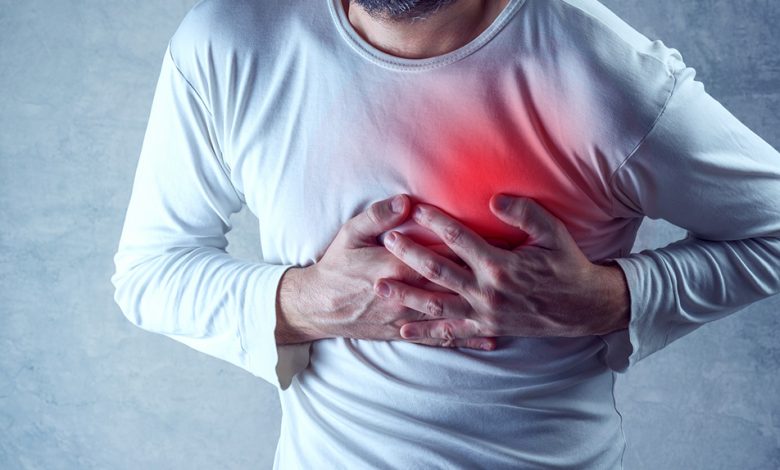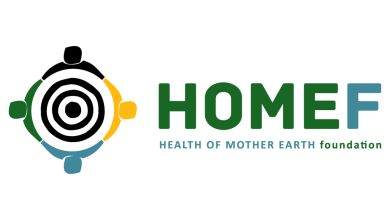
By Sharon O. Isaalah
Genetic tracking used to create Covid vaccines is now being adapted to help regenerate hearts damaged from cardiac arrests/ heart attacks.
The ground-breaking research could lead to the world’s first cure for heart attack victims, The Times reports. Similar technology was used to create the Pfizer and Moderna vaccines. Lead researcher Professor Mauro Giacca said: “We are all born with a set number of muscle cells in our heart and they are exactly the same ones we will die with.
The heart has no capacity to repair itself after a heart attack. Our goal has been to find a treatment that can convince surviving cells to proliferate. “Regenerating a damaged human heart has been a dream until a few years ago, but can now become a reality.
“We are using exactly the same technology as the Pfizer and Moderna vaccines to inject micro RNAs to the heart, reaching surviving heart cells and pushing their proliferation, The Trumpet gathered.
The new cells would replace the dead ones and instead of forming a scar, the patient has new muscle tissue.” Giacca’s team is based at the British Heart Foundation Centre for Research Excellence at King’s College London.
Read Also: Man connives with others to kidnap girlfriend, collects N2m ransom
In addition to helping hearts regenerate, they also working towards a treatment to stop cells dying during a heart attack. Cardiac arrests caused severe trauma to the heart muscle and kill up to 100 bilion hearts cells.
The human heart has no ability to heal itself, leaving many cardiac arrest victims with debillitating scars that lead to further complications. Scientists believe the new RNA (ribonucleic acid) therapy could revolutionise cardiovascular medicine and stop millions of heart attacks progressing towards heart failure.
Trials to regenerate damaged pig hearts have so far been successful, with tests due on humans in the next two years.




